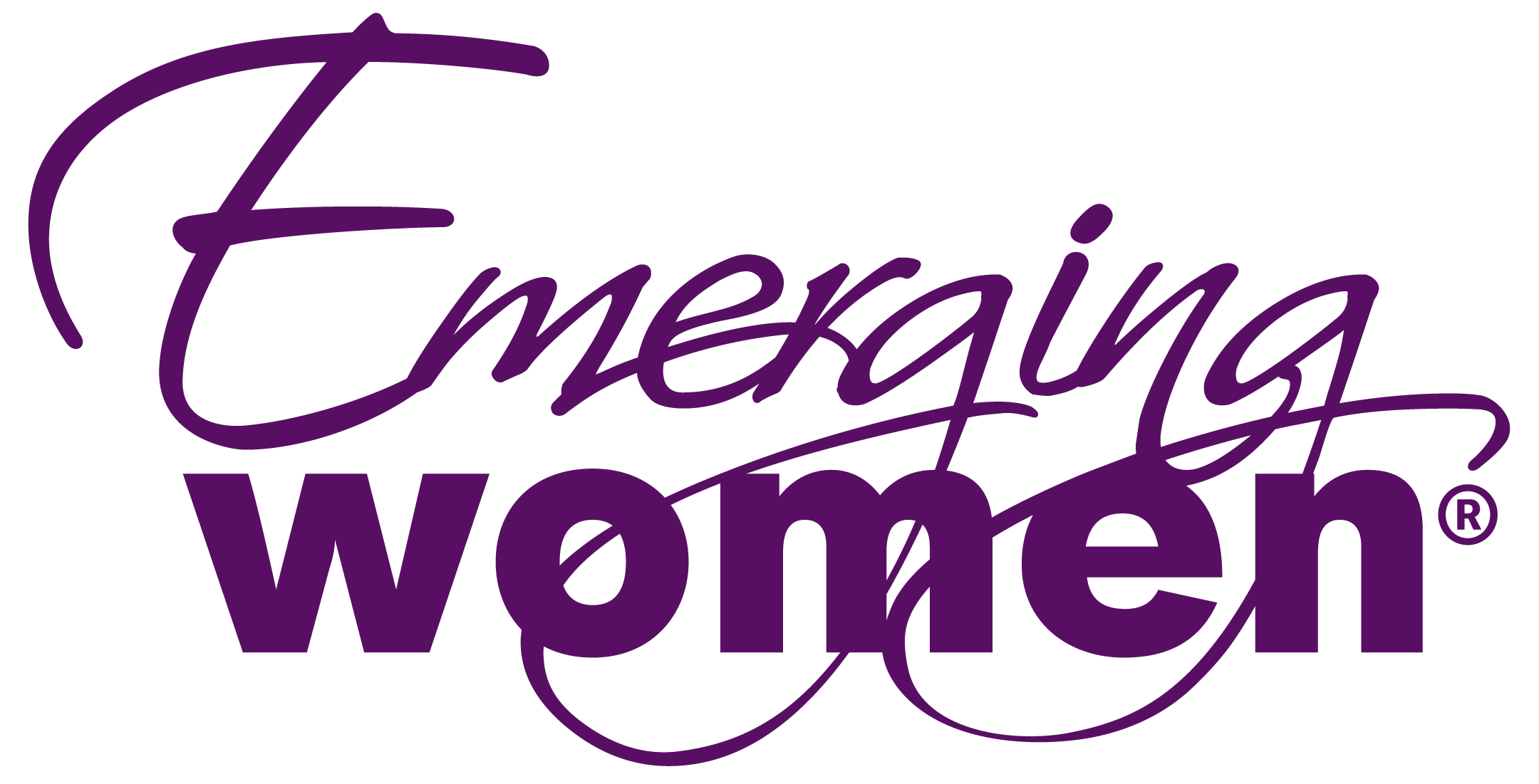Wokie Nwabueze knows how to communicate. Negotiation, facilitation, mediation – you name it. “If it exists, I’m certified in it,” she says.
She started her career teaching kids, parents, and teachers in tough communities how to communicate clearly and without violence. After her first year of law school, she began to work in corporate spaces, and became very interested in women who were having trouble communicating their needs in the workplace.
She noticed a trend. Women were leaving the sessions knowing what to say, but not knowing why they were hesitant to say it. She quickly realized that the existing communication frameworks and execution strategies (“be assertive” “be confident”) weren’t addressing who we are deep down.
That realization changed everything for Wokie. “Who I was was SHY, well into my mid-20s. I was a people pleaser without revealing it outwardly. I thought I could sacrifice more than everyone else, and I thought that was ‘strong.’ I was unwilling to rock the boat, and somehow that felt empowering, or even felt gracious. But the truth was I was disconnected from my voice.”
As she began to mine her own Voice Story, she was able to cultivate the self-awareness and personal transformation crucial to truly effective communication with others. She now dedicates her work to helping women do the same, as she did in our Emerging Women Power Boost (if you’re a member, click HERE to watch the archive). Here are some takeaways from that memorable event.
What is a Voice Story?
Studies show that for girls, confidence in voice starts to slip around age 9. While our confidence is falling, Wokie says, we are also starting to look out at the world to determine our value. For a lot of us, that’s when things start to fall apart, and it takes some serious work as adults to get our Voice Stories sorted.
Wokie started the Seen and Heard project, interviewing women to find those points in time when their voices had been hushed. This isn’t limited to times someone told you to be quiet. For example, Wokie remembers being in 6th or 7th grade. Her class took an IQ test, and it was announced that she had the highest score. For painfully shy 11 year old Wokie, it was humiliating – it made her feel different and alone. She calls it “the moment I got the handbook for playing small.” She stopped pushing herself outside of her comfort zone, believing there would be negative consequences if she was “smarter” or in any way different than everyone else.
Our Voice Stories color every communication we have. They can tint the outcome of conversations, negotiations, and conflicts if they are left unexplored.
Exploring Your Voice Story
Exploring your Voice Story means mining for the moments when something shifted.
One way is to identify discomfort in your body. When you have hard conversations, where do you feel it? In your stomach? In your hands? In your throat? Try to connect the dots. When else do you feel that way? When did you first feel that way?
Be sure to explore with love and curiosity. Sit with these memories and watch yourself without judgement. Journal, take a walk, cry, make art, talk with a friend – whatever helps you process. Come to understand what was lost, and begin to take it back. We can reclaim what was lost to shift our future.
Another approach is to look at certain periods of your life. When was the last time you felt like you could express yourself fully without hesitation or fear? Young children don’t struggle with their voices. “We are not born quiet,” Wokie says. Something happens that changes the way we see ourselves and our right to be seen and heard in the world. Look at those moments when you stopped feeling that you could communicate without apology. Think about the points in time when something happened to make you feel less valuable, or that you should be less bright and shiny, or that you should be quiet.
When you get there, remember that this process involves some pain, but our goal is curiosity and reclamation. We have to go back and identify with real compassion what we lost. You can’t change the past, you can’t judge yourself or others for it, but you can understand it. Start to follow the threads with curiosity and compassion, and it will all begin to unfold.
How much of reclaiming what we lost is about grieving?
Grief is important, Wokie says, but we need to do that grieving from a place of hopefulness for the future. Transformational grieving means moving the grief through our bodies (Wokie says music helps her) and letting it go, because on the other side of grief there is possibility.
If we can move grief through us and find a good nugget, then the grief was not for nothing. If the things that have happened to you allow you to become who you are, if we can mine for those nuggets in our Voice Stories and use them to heal ourselves and bring us more fully into our voices, then the hardship wasn’t without reward.
And remember: Saying what you want to say, getting what you want – it’s not about cultivating power over someone else, it’s about being centered in YOU.
Thank you, Wokie Nwabueze!
Want to watch the archive of Wokie’s Power Boost? Start your 30 day Free Trial on the Emerging Women Leadership Platform to get access.


